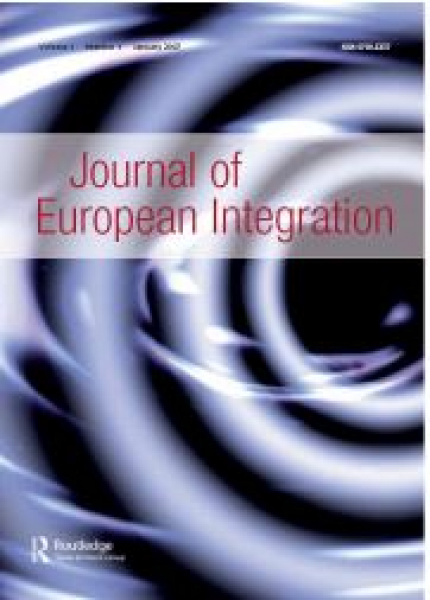The connection between parliamentary and extra-parliamentary opposition in the EU. From ACTA to the financial crisis

With no formal division between majority and opposition in the parliamentary arena, the European Union (EU) calls for an approach to political opposition which considers the role of civil society. This article explores the case of opposition to the Anti-Counterfeiting Trade Agreement (ACTA) within and without the European Parliament (EP) through a political opportunity approach, using the case to reflect on conditions for effective opposition in the EU. The ACTA campaign saw opposed actors within the EP and digital rights groups work together to build coalitions against the agreement. Protests then opened the way for these groups to broker a change of position among other actors, allowing a majority rejection. The ACTA case suggests the need for advocacy by organised groups both within and without the Parliament to construct majorities. Comparisons to similarly successful campaigns bolster this view, as do examples of less effective opposition.
| Type | Article |
|---|---|
| Identificateur | urn:issn:E225141 |
| Language | En |
| Length | 1 15 |
| Themes |
|
| Discipline(s) |
|
| Publication date | 2017-04-05 |
| Keywords |
|
| ULB Institutional Reference | http://hdl.handle.net/2013/ULB-DIPOT:oai:dipot.ulb.ac.be:2013/249886 |

